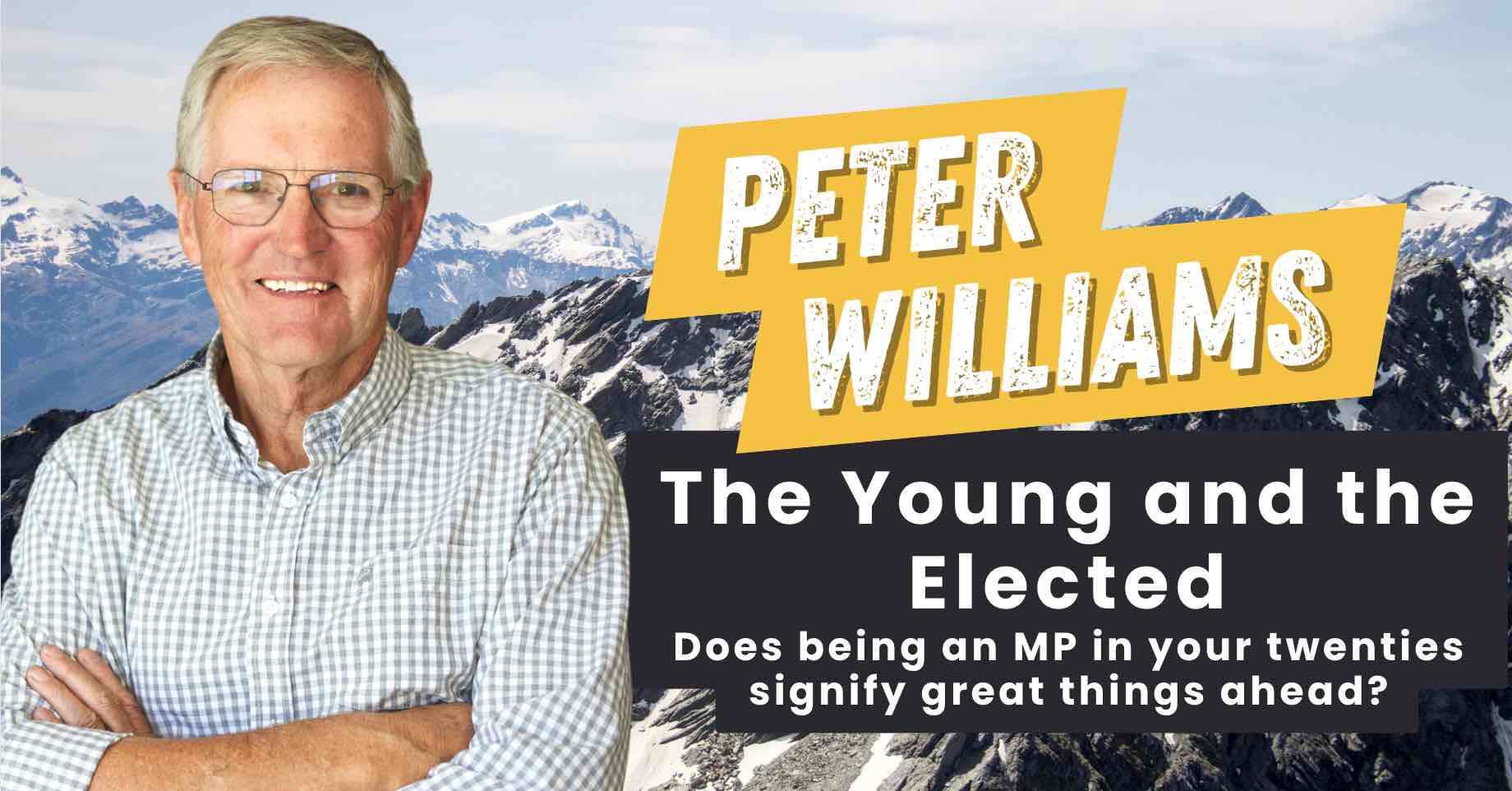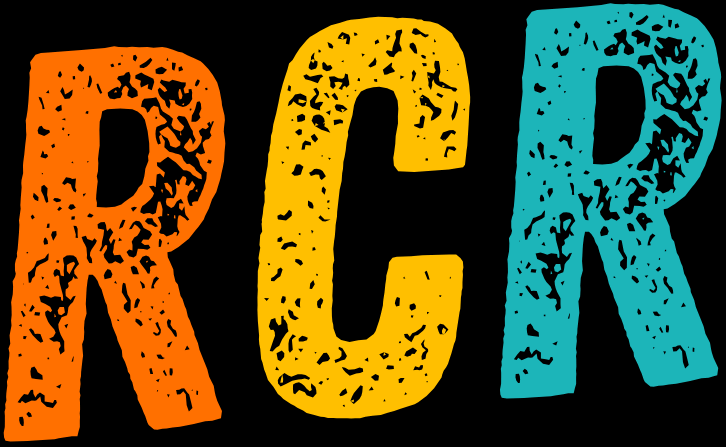
Does being an MP in your twenties signify great things ahead?
The much underestimated Ronald Reagan was, befitting his career as a broadcaster and actor, a master of the put-down line.
During a debate against Democratic opponent Walter Mondale in the 1984 election campaign, Mondale had the temerity to raise the issue of the incumbent president’s age. Reagan at the time was 73 and Mondale, a former vice-president and senator, 56.
Reagan retorted “I will not make age an issue of this campaign. I am not going to exploit for political purposes my opponent’s youth and inexperience.”
Even Mondale laughed at that one en route to Reagan winning the largest Electoral College majority (525 to 13) in US presidential election history.
Reagan’s line came to mind as this interregnum between the election and the formation of a government is being filled with various political puff pieces. One featured three members of so-called Generation Z making it to the House of Representatives.
(To save you looking it up, Generation Z was born between January 1, 1997 and December 31, 2012)
The three youngsters profiled were Te Pati Maori’s Hana-Rawhiti Maipi-Clarke, who is 21, and 26-year-olds Tamatha Paul from the Greens and and National’s Tom Rutherford.
If it is truly to be a House of Representatives then there can never be any complaints about having a smattering of youngsters across the 123 seats.
Far be it from this ageing baby-boomer to put a dampener on the enthusiasm of youth, but I suspect the reporting of these youngsters’ imminent arrivals in the halls of power is more a reflection of the age and generation of today’s political reporters than of actual and likely reality.
According to the (most likely) Gen Z journalists, this age group “has expressed significant changes in thinking on issues such as the environment, race relations and gender. It’s a generation which has challenged traditional ways of working, living and thinking about social issues.”
Which is all very well. But hasn’t every younger generation thought differently about the world compared to their parents and grandparents? Is the way some twenty-somethings think about the world in 2023 markedly different to the way those born in the 1950s were looking at the world of the 1970s?
In other words, every generation brings new thinking to their view of the world and can’t be convinced that the way it was, and is, should be the way forward.
Therefore we have many of a younger generation today believing that the planet will burn itself out unless we stop driving diesel utes and farming dairy cows; a younger generation which believes that you can be a woman just because you say you are and a generation that thinks working for a living and being productive is just an option.
But then the 1950s-born kids thought war was pointless and New Zealand shouldn’t get involved in other people’s fights – unless it was South Africa, although you look at that place now and think was it really worth it? We also won the battle against nuclear testing, were the first to raise environmental awareness and were open minded enough to realise that the Treaty of Waitangi had been dishonoured and recompense was required.
Children born in the 1960s and 70s and 80s all faced their issues as teenagers and young adults too. In other words, being born from 1997 onwards is not in any way special, and as these Gen Z-ers will find out, one’s thinking and attitudes to issues and life may well change with maturity over time.
As Churchill may have once said, “if you’re not a socialist at 20 you don’t have a heart. If you’re not a capitalist at 40 you don’t have a head.”
At any rate, being elected as an MP in your 20s is not that unusual. The better questions are how did that young person perform in the job, was it a long term career and did they leave any legacy?
Here’s a random call of youthful MPs from the last 50 years.
1. Marilyn Waring: Elected as the National Party MP for Raglan in 1975 at age 23. She lasted 9 years, was outed as being gay, never made Cabinet and fell out with Prime Minister Rob Muldoon over nuclear disarmament. She did the country a huge favour by promising to vote against her party’s government which brought on the 1984 snap election. Left politics for a successful life academia.
2. Richard Prebble: Won Auckland Central in 1975 for Labour at age 27. Spent nine years in opposition before being part of the most reforming and influential government since World War 2. Left Labour to form Act and in all spent 27 years in politics. A young man of the 1970s whose imprint is still being felt today.
3. Bill English: Became MP for Wallace in 1990 at age 28. One of the country’s better Ministers of Finance and potentially the best long term Prime Minister the country never had. Although a fiscal conservative, his approach to welfare based on actual need and social investment was a path the country should have followed after his departure in 2018. A long and successful career which still had some distance to run when he quit.
4. Deborah Morris: A name for the trivia quizzes. Became the country’s youngest ever Cabinet Minister in 1996 as a 26 year old list MP with New Zealand First who was then made Minster for Youth Affairs. Lasted two years before falling out with Winston Peters. Never completed her only parliamentary term.
5. Mike Moore: Originally the MP for Eden in 1972 at age 23. A free thinking and high profile Labour MP who championed the country’s export potential – lamburgers anyone? – he finally ascended to the Prime Minister’s office for six shambolic weeks before the 1990 election. He led the Labour Party till 1993 before retiring first to the back benches and then to diplomatic and World Trade roles. He died at 71 after a career that will always be described as colourful.
6. Todd Barclay: MP for Clutha-Southland from 2014 to 2017. He was 24 when elected, but quickly fell out with local electorate staff who had worked with the previous MP Bill English for over 20 years. He didn’t stand again in 2017 when clandestine recordings of conversations with his staff were revealed. A political failure.
There are numerous others I could refer to as MPs making their debut before age thirty. Some names are well known – Phil Goff, Jacinda Ardern and Simeon Brown. Others like Darryn Hughes left under a large question mark. Simon Upton started at 23, lasted 20 years and went on to a career in environment protection and advocacy. The jury is out on Chloe Swarbrick, already into her third term and still in her twenties.
So an arrival at parliament as a youngster actually tells us nothing about the MP’s likely impact and legacy. The feature of success stories above – English, Moore and Prebble – is adaptability. They became MPs as young firebrands but learnt quickly to play the political game and therefore achieved significant legacies.
The three Gen Z-ers in the current intake could do worse than to learn those lessons of the not too distant past.
The parliamentary Press Gallery could also do well to remember them and not be star struck by the promise of youth.
For more from Peter, listen to Pete's Ponderings on RCR.

An excellent blog reminding us of the careers of many politicians who started an aspirational career in a challenging and unique place. As Baby Boomers we have seen many election cycles, and many politicians come and go.
Would love to hear more of your assessments on the current lineup of politicians due to enter the House of Parliament.